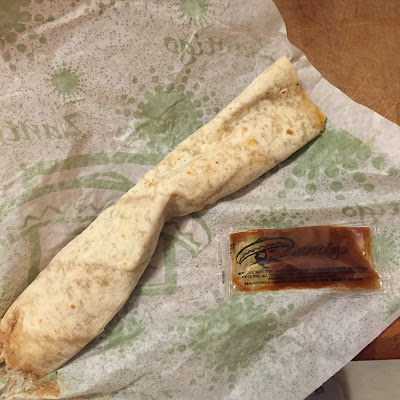Canning Co-op
Photo credit: jasoncooperllc.com
The University of Minnesota's Food Industry Center and the Department of Applied Economics co-sponsored a luncheon and lecture yesterday with California Canning Peach Association president and CEO Rich Hudgins. Hudgins spoke about the concept of co-ops in a rapidly changing world. For 90 years the California Canning Peach Association negotiated prices and delivery between the (currently 500) growers they represent and the (currently 3) companies that annually process 80% of California's cling peach crop.
Cling peaches do not have a long shelf life, and their value is in the processed form. Canned, frozen, or pureed, it may take one hour for a grower to ship fresh picked peaches to a processor, and another twelve hours before those peaches are packaged and ready for distribution.
Canned peaches are the number one fruit item in American schools, while canned mixed fruit which includes peaches are the third. Why? Kids like peaches, and the canned form is cost effective. Hudgins's message to those who eschew canned fruit because fresh is better is that fresh and organic are not realistic options for everyone, every day, during every season. And he is right.
Health and nutrition demands guide innovations in processing. In the 1950s most peaches were canned in heavy sweetened syrup. Now you can find peaches packed in light syrup, sweetened with Splenda, or pureed in sorbet. You can purchase peaches in glass containers, plastic, or frozen bags. There are options.
As Hudgins spoke about the growers he represents, I wondered about the elephant we weren't discussing. The water issues across California will soon make it impossible for farmers to maintain their current food production. I asked what the peach producers are doing to manage the water crisis. Hudgins explained that a majority of cling peaches are farmed in northern California where wells are used for irrigation.
To stay ahead of increasing imports from countries where food and human safety are not a concern, small peach groves (50 acres is typical) use the co-op model as a marketing message. The peaches might be canned by big corporations like Del Monte, but they are grown by mostly farm families. Corporations won't use the "Grown in America" message because they distribute plenty of other fruits that are grown in China and packaged in Thailand.
My knee-jerk reaction to most corporations is one of suspicion. Then a few years ago I heard someone from agribusiness argue that agribusiness must be part our food production and distribution solution. Working on a farm campus where there are constant opportunities to speak directly with folks from every end of the agricultural spectrum is a great introduction to food systems. I am still skeptical when it comes to agribusinesses and corporations like Del Monte (now under the tutelage of KKR), but I support small farmers who need them, and I am interested in the ongoing conversations.



Comments